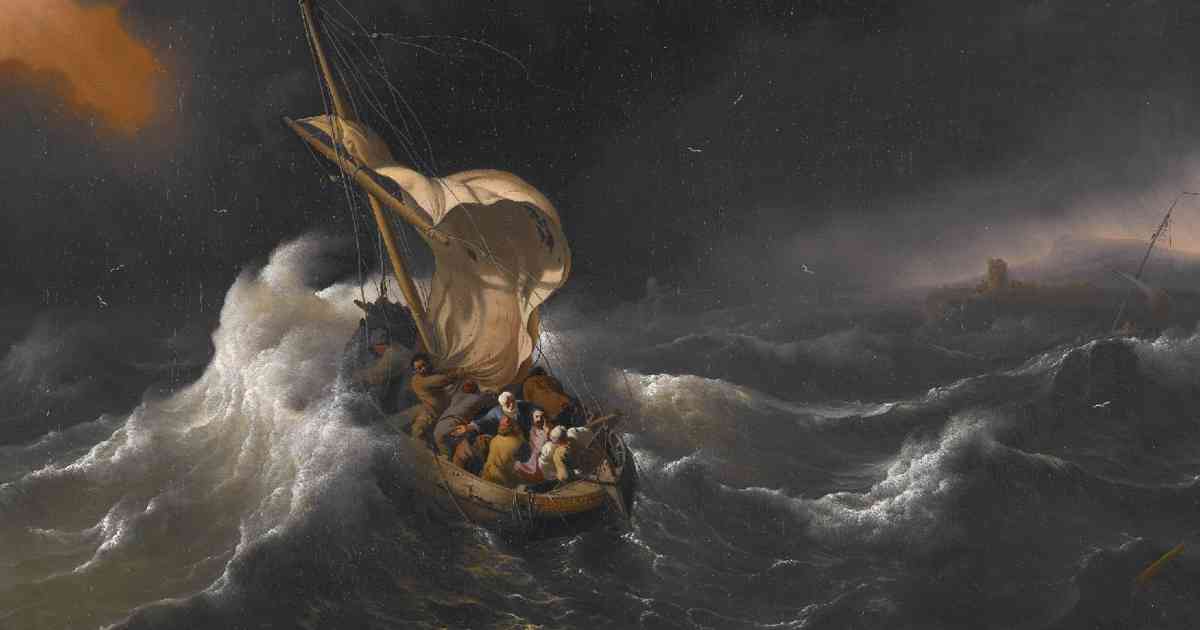That day when evening came, he said to his disciples, “Let us go over to the other side.” … A furious squall came up, and the waves broke over the boat, so that it was nearly swamped.
Notice the order in Mark 4. First comes a sentence, then comes a storm. “He said to them, ‘Let us go to the other side’” (v.35). Only after that word do the clouds roll in. The sequence matters. The Word precedes the weather.
That’s our life, isn’t it? We try to follow Christ the best we know how. We get in the boat He points to. We choose faithfulness over flash, we raise kids with prayer and patience, we try to love our spouses well, we serve our church, we make honest decisions at work. And then—sometimes without warning—the wind howls. A diagnosis. A child’s detour. A friendship cracks. The boat takes on water and the script we wrote for our future gets soggy.
Here’s the good news tucked into the text: the same mouth that said, “Let us go,” is in the boat when the waves rise. The command carried provision within it. Jesus never promised a glassy sea; He promised a real destination and His real presence. The storm does not cancel the word—it tests it. And tests are not signs that you misheard God; they are classrooms where what you heard becomes who you are.
So what do we do when the weather contradicts our hopes? Do what the disciples eventually learned to do: relocate your fear. Let the “great fear” of the One who speaks to wind take the microphone away from the fear of the wind. Return to the last clear word you received before the sky changed. If He said “go,” then keep going—perhaps slower, perhaps wetter, but not directionless. Speak His word to your waves: “Peace. Be still.” And practice the odd discipline of resting like Jesus in the stern—rest not as escape, but as trust. Sometimes the most spiritual thing you can do in a squall is breathe, sleep, and wake to obey again.
Maybe your boat is heavy today. Maybe you’re rowing with questions. Hear the sequence again: Word, then weather. If He has spoken, the other side exists. Your job is not to manufacture calm; your job is to remember who is in the boat and to keep moving in the direction He already named. The storm is loud, yes—but it isn’t Lord.


